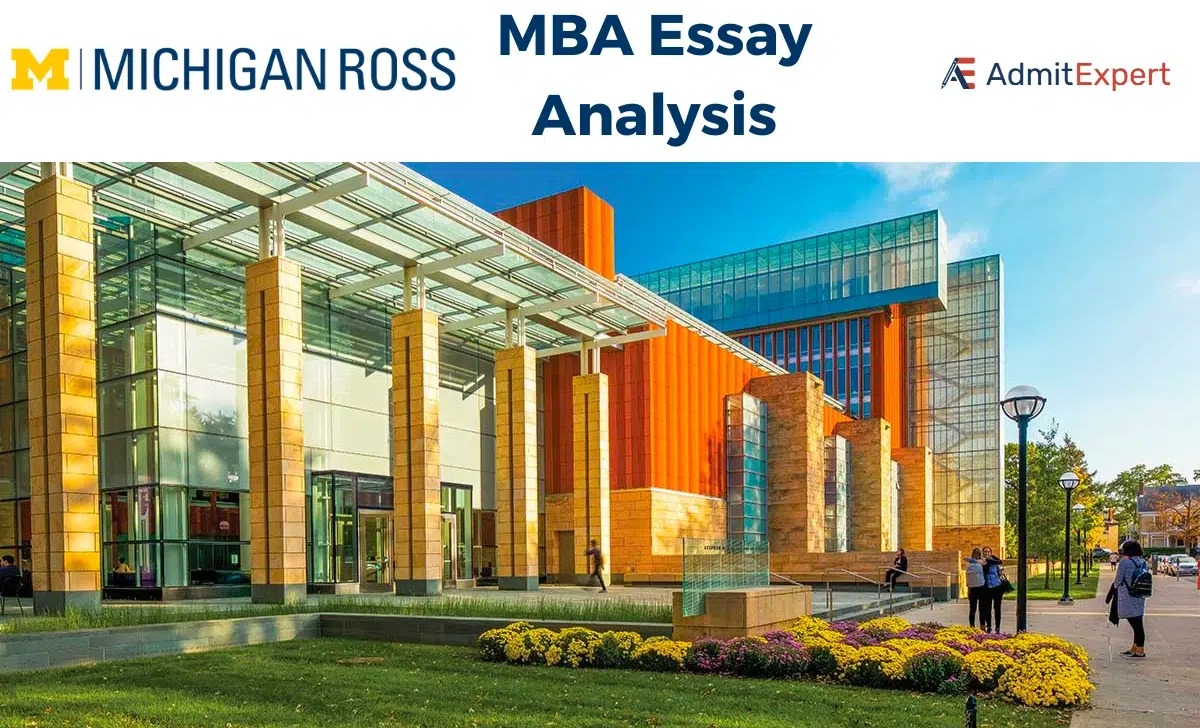Deciding when to submit your MBA application is a crucial part of your business school strategy. While Round 1 is often seen as the ideal time to apply, Round 2 can also offer significant advantages for the right candidates. Understanding the benefits and challenges of applying in Round 2 is essential for making an informed decision. This article explores why Round 2 might be the perfect timing for your MBA application, reasons to consider waiting for later rounds, and provides insights for international candidates and top MBA programs where Round 2 applications are particularly strategic.

10 Reasons Why You Should Apply in Round 2 of MBA Admissions
- More Time to Improve Your Application: Applying in Round 2 allows additional time to enhance your application. You can retake the GMAT/GRE for a higher score, gain more relevant work experience, or take on leadership roles that strengthen your profile.
- Stronger Letters of Recommendation: You can cultivate deeper relationships with recommenders, ensuring they can provide more detailed and compelling letters. This is particularly important if you’ve recently taken on significant projects or responsibilities.
- Refined Career Goals: Additional time lets you clarify and articulate your career goals more effectively, which is crucial for a strong application.
- More Research on Schools: You have more time to thoroughly research MBA programs, attend information sessions, connect with current students, and understand the school culture, ensuring a better fit.
- Improved Personal Statement: The extra time allows you to refine your personal statement, making sure it reflects your best self and aligns with the values and mission of the target schools.
- Work Achievements: You might achieve significant milestones at work that bolster your resume, making your application stronger and more compelling.
- Broader Network for Insights: More time to network with alumni and current students can provide valuable insights and tips for your application.
- Opportunity to Address Round 1 Weaknesses: If you applied in Round 1 and did not succeed, you can use feedback to improve your Round 2 application.
- Preparation for Interviews: You have additional time to prepare for potential interviews, honing your responses and practicing your delivery.
- Less Immediate Competition: Although Round 2 can be competitive, you may face less immediate pressure compared to Round 1, allowing for a more polished application.
5 Reasons to Wait to Apply in Round 3 or 4
- Significant Professional Changes
- If you anticipate a major promotion or project completion soon, waiting can ensure these accomplishments are included in your application.
- Personal Circumstances
- Life events such as family commitments, health issues, or relocation might make Round 2 too soon. Waiting can provide the time needed to stabilize your personal situation.
- Insufficient Preparation
- If you feel unprepared, it might be wise to wait. A rushed application can negatively impact your chances of admission.
- Financial Readiness
- Ensuring you have the financial resources to cover application fees, test costs, and potential relocation expenses might necessitate a delay.
- Strategic Timing
- Some applicants might find it strategically beneficial to apply in later rounds due to specific personal or professional circumstances that align better with those deadlines.
Any Disadvantages of Round 2
- Increased Competition
- Round 2 can be highly competitive as many strong candidates who missed Round 1 apply, and schools have fewer seats available compared to Round 1.
- Reduced Scholarship Opportunities
- Many scholarships are awarded in Round 1, meaning there may be fewer funds available for Round 2 applicants.
- Less Time for Transition
- Securing an offer in Round 2 means less time to prepare for the transition to business school, including relocation and visa applications for international students.
- Potential Overlap with Other Applications
- If you’re applying to multiple schools, Round 2 deadlines might overlap, making it challenging to manage multiple high-quality applications simultaneously.
- Shorter Preparation Time for Enrollment
- With admissions decisions coming later, you’ll have less time to prepare academically and professionally for your MBA start date.
Should an International Candidate Apply in Round 2?
For international candidates, applying in Round 2 can still be a viable option, but there are specific considerations:
- Visa Processing Time
- Applying in Round 2 can leave less time for visa processing, which can be lengthy and complicated. Ensure that the timeline aligns with your country’s visa requirements.
- Accommodation and Relocation
- International students need to arrange accommodation and relocation, which can be more challenging with less time. Plan accordingly to manage these logistics effectively.
- Cultural and Academic Adjustment
- You’ll have less time to prepare for cultural and academic adjustments required for studying abroad, so consider how this might impact your transition.
- Scholarship Opportunities
- As many scholarships are awarded in Round 1, there might be fewer financial aid opportunities available in Round 2. Ensure you explore all potential funding options.
- Job Market Alignment
- Ensure that your graduation aligns with job market cycles in the host country, as a later start could affect internship and job opportunities.
Final Thoughts
Choosing the right round to apply for an MBA program is a strategic decision that depends on various factors, including your personal and professional readiness, application strength, and specific circumstances. Round 2 offers numerous advantages, such as additional preparation time, the opportunity to refine your application, and the potential to include recent professional achievements. However, it also comes with challenges, including increased competition and reduced scholarship availability.
For international candidates, Round 2 can be a viable option, but careful planning is essential to manage visa, accommodation, and cultural adjustment processes. Researching the specific policies and timelines of your target schools can help ensure a smooth application process.
Ultimately, the decision to apply in Round 2 should be based on a thorough self-assessment and strategic planning to maximize your chances of admission to a top MBA program. By considering the benefits and potential drawbacks, you can make an informed choice that aligns with your career aspirations and personal circumstances.




